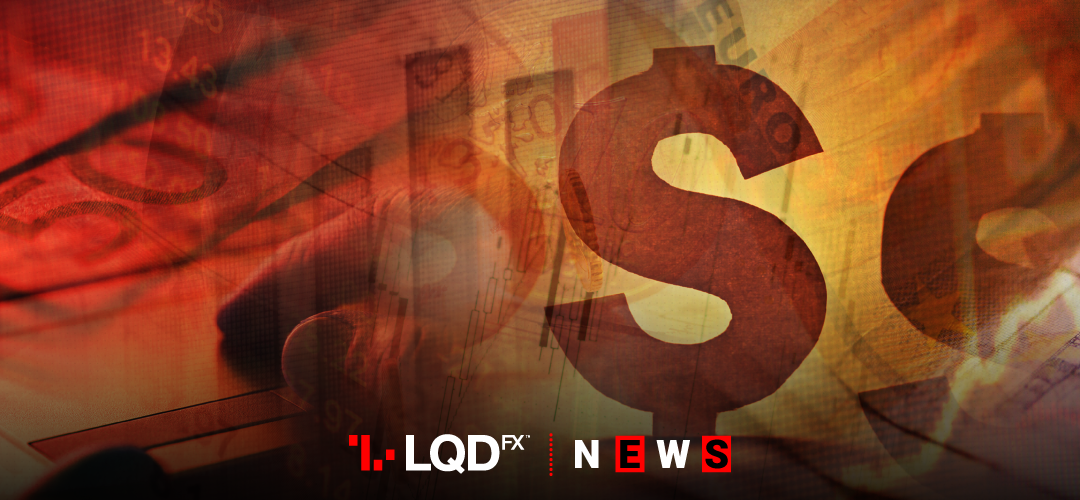The dollar was crawling toward its worst month since January 2018 as Brexit optimism lifts pound and euro.
The dollar is down 2.5% this month against a basket of top currencies. The collateral damage of the United States’ trade wars is being felt by economies around the world. The long-standing Sino-U.S. trade war has taken a toll on economies around the world with Japan’s exports down for a 10th straight month.
U.S. and Chinese trade negotiators are working on nailing down a Phase 1 trade deal, hoping to resolve a trade war slowing global economic growth.
There is plenty of central bank action in store this week too. Thursday will be Mario Draghi’s last meeting in charge at the European Central Bank. It comes amid divergence over its recent decision to restart bond buying.
The pound climbed to a 5-1/2 month high and the euro’s bumper October was kept intact. Britain failed on “super-Saturday” to live up to its billing when UK lawmakers delayed a vote on a reworked Brexit deal. However, there seemed to be tentative hopes that it would eventually be passed.
Asia had dragged the pound 0.5% lower, but it rebounded in Europe. The British currency briefly broke above $1.30 for the first time in 5-1/2 months as the flow of headlines resumed.
Canadians vote today to determine whether Prime Minister Justin Trudeau will remain in power after two major scandals. The results are due early on Tuesday. Markets will probably be content if either leader achieves a majority in the 338-seat parliament. The Canadian dollar may struggle if neither party wins a majority.
START TRADINGForex – Worst month for dollar since Jan 2018
Currency moves were limited, though the last few weeks has seen some sizeable shifts taking place. Gauges for implied sterling volatility in different tenures eased off recent highs.
The dollar hovered at $1.1157 per euro on Monday but managed to claw up to 108.48 against the safe-haven Japanese yen.
The yen has been weak too. Last week it hit a 2-1/2-month low. The BoJ meets next week and its Governor said at the IMF meetings that it could “certainly” cut rates again if needed.
The pound crossed the $1.300 threshold to as much as $1.3011 while against the euro, it strengthened to 85.91 pence.
Gold prices were little changed on Monday. Investors waited for more clarity on U.S.-China trade negotiations, and Brexit after British parliamentarians delayed a crucial vote on the divorce deal. Spot gold was flat at $1,490.23 per ounce as of 0720 GMT. U.S. gold futures dipped slightly to $1,493.40. Silver rose 0.9% to $17.70 per ounce.
Oil prices fall as global demand concerns grow. Concerns about economic growth combined with signs of ample global supplies pressured prices, outweighed bullish signals from Europe, where fears of an economically damaging no-deal Brexit have eased. Global benchmark Brent crude was down 57 cents at $58.85 a barrel by 0944 GMT. U.S. WTI crude oil declined 39 cents to $53.39 a barrel.
PLEASE NOTE The information above is not investment advice.
Sources: Reuters, Investing, CNN money
